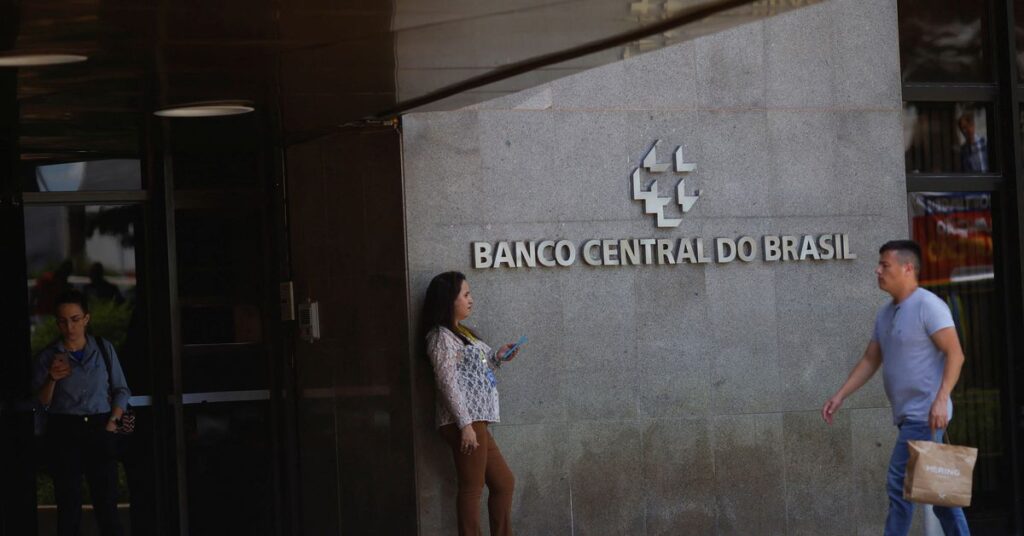BRASILIA, March 22 (Reuters) – Brazil’s central bank cited rising inflation expectations as it kept interest rates unchanged for the fifth consecutive policy meeting on Wednesday, drawing concern from the government and weakening bets of imminent monetary easing.
The bank’s rate-setting committee, known as Copom, maintained its Selic benchmark interest rate at 13.75%.
The decision, which defied intense pressure from the new government of President Luiz Inacio Lula da Silva to reduce borrowing costs, matched the expectations of all 30 respondents in a Reuters poll.
“Taking into account the uncertainty of the scenarios, the committee remains vigilant, assessing if the strategy of maintaining the Selic rate for a long period will be enough to ensure the convergence of inflation,” policymakers wrote in their policy statement.
“The Committee emphasizes that it will persist until the disinflationary process consolidates and inflation expectations anchor around its targets, which have shown additional deterioration, especially at longer horizons,” they added.
Finance Minister Fernando Haddad criticized the statement, saying it was “very concerning,” and the central bank’s next decision could put the country’s fiscal position “at risk.”
“Copom even signals the possibility of an increase in the interest rate, which is already the highest in the world today,” he told reporters, in reference to policymakers’ insistence that they would not hesitate to resume hikes if disinflation did not happen as expected.
Haddad also said Brazil’s inflation is more controlled than that of other developing countries, and that inflation expectations could rapidly be reduced in light of new events.
David Beker, head of Strategy for Latin America at Bank of America, said in a note to clients he still sees the easing cycle beginning in May, but with “higher risks of a delay, given the tone of the statement.”
Several economists expected the central bank to mention challenges to the global economy, which could potentially create space for rate cuts to begin earlier than previously anticipated, after high-profile U.S. bank closures and the Credit Suisse rescue.
The central bank acknowledged the worsening global environment amid banking turmoil, but emphasized recent data on global activity and inflation have remained resilient.
The bank also noted the process of monetary policy tightening in major economies continued to advance, following the Federal Reserve’s decision to continue raising U.S. interest rates.
“Given the expectation, I found the statement to be more hawkish,” said Gustavo Arruda, Director of Research for Latin America at BNP Paribas.
“It will probably decrease the probability of interest rate cut scenarios in the next policy meetings,” he added, predicting rates unchanged until May next year.
While policymakers emphasized the government decision to resume fuel taxes has helped to improve public accounts, they said highly volatile financial markets and long-term inflation expectations beyond their targets “require further attention when conducting monetary policy.”
Inflation has cooled to 5.6% in the 12 months through February, but it is still far above this year’s 3.25% official target. Meanwhile, the central bank’s inflation expectations have risen to 5.8% for 2023 and 3.6% for 2024. Next year, the target is 3%.
Lula has repeatedly called for lower borrowing costs, describing the current Selic rate “irresponsible” on Tuesday. In a sample of the criticisms that will follow, his chief of staff, Rui Costa, said late on Wednesday that the policy decision “only increases unemployment and the suffering of the Brazilian people.”
Lula put off a proposal for new fiscal rules to keep a lid on public debt levels – one of several upward inflation risks flagged by the central bank.
Reporting by Marcela Ayres and Victor Borges; Editing by Richard Chang and Stephen Coates
: .


